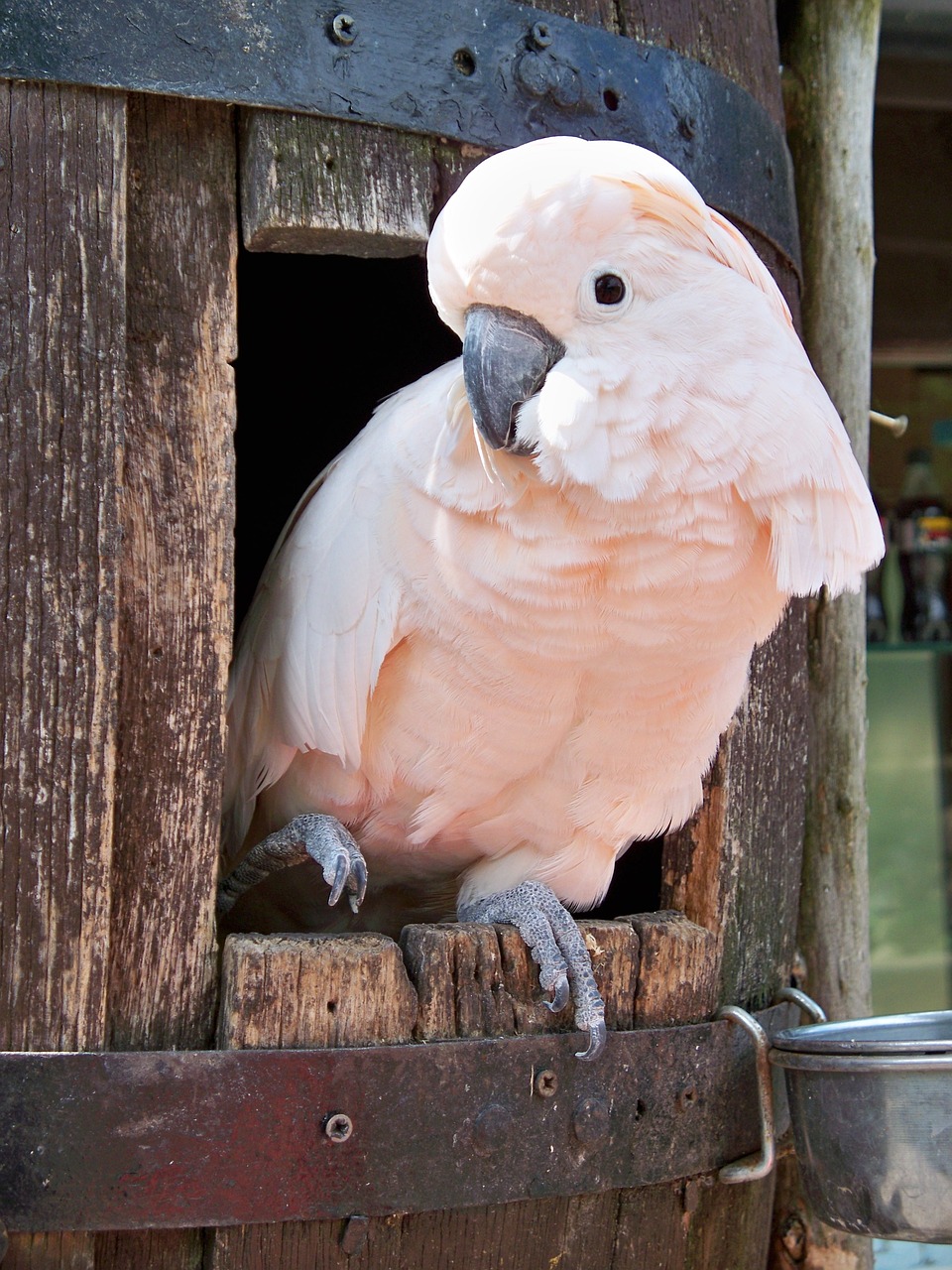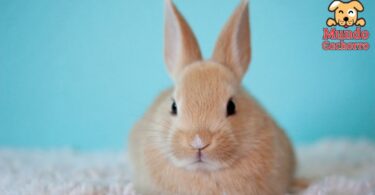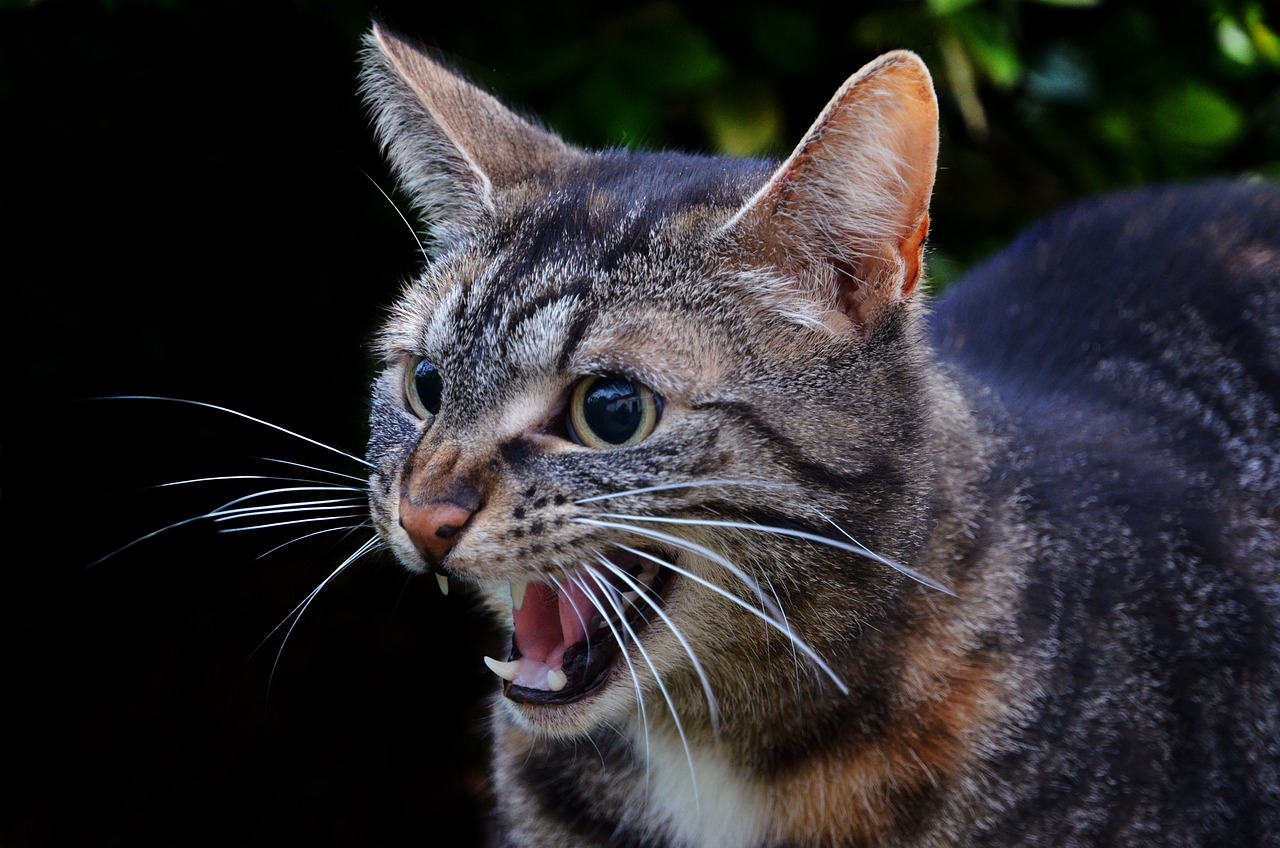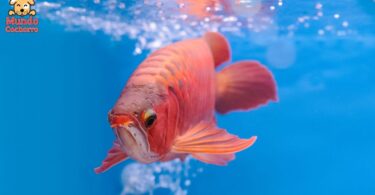Cockatoos are a beautiful species of bird that will brighten up your home if you decide to adopt one. But before doing so, it must be taken into account that this is a bird species that requires some specific care to ensure its well-being and health.
It is important to know that the care these birds need is vital for their health and well-being. Cockatoos have a unique personality and tend to be very affectionate with their owners. To keep a cockatoo healthy, attention must be paid to its basic needs.
Care of cockatiels
Below are some general guidelines on how to care for cockatiels:
- Adequate space: Cockatoos are large and active birds, so they need enough space to move around, spread their wings and explore. A large cage with horizontal bars is ideal for climbing.
- Balanced diet: A cockatoo’s diet should be varied and balanced. It includes a mix of foods such as quality cockatiel pellets, fresh fruits, vegetables, grains, nuts and seeds. Avoid giving them toxic or dangerous foods for birds, such as chocolate, caffeine, avocado and salty foods.
- Fresh water: Be sure to provide fresh, clean water at all times. Change the water daily to prevent bacteria buildup.
- Mental and physical stimulation: Cockatiels are intelligent and active birds that require mental and physical stimulation. Provide them with safe and challenging toys that encourage enrichment and keep them entertained.
- Socialization and attention: Cockatiels are very social and need interaction with their owners. Spend time playing, talking and training with your cockatiel to establish a strong bond.
- Bathing and cleaning: Many cockatoos like to bathe, either with a sprinkler or by providing them with a basin of water to splash in. It is also important to keep their cage and surrounding area clean to prevent disease.
- Veterinary care: Take your cockatiel to a veterinarian specializing in exotic birds for regular examinations and health checks. This can help detect health problems early and make sure it is in good condition.
Other recommendations
To ensure that your bird receives proper care, you should also make sure that it has a quiet, dark place to rest during the night. You can put a light cover on the cage to make them feel safe.
Another thing to take into account is that their plumage may require special care. Some species may be prone to overfeeding, which can lead to plumage problems. Consult a bird expert for specific recommendations.
On the other hand, cockatiels are prone to develop undesirable behaviors if not handled properly. Positive training and positive reinforcement can help set limits and encourage desirable behaviors.
Remember that each species of cockatoo may have slightly different needs, so it is important to research specifically about the species you have or are considering adopting. Commitment, patience and education are key to providing a happy and healthy home for your cockatiel.
Image courtesy of https://pixabay.com, all rights reserved.








